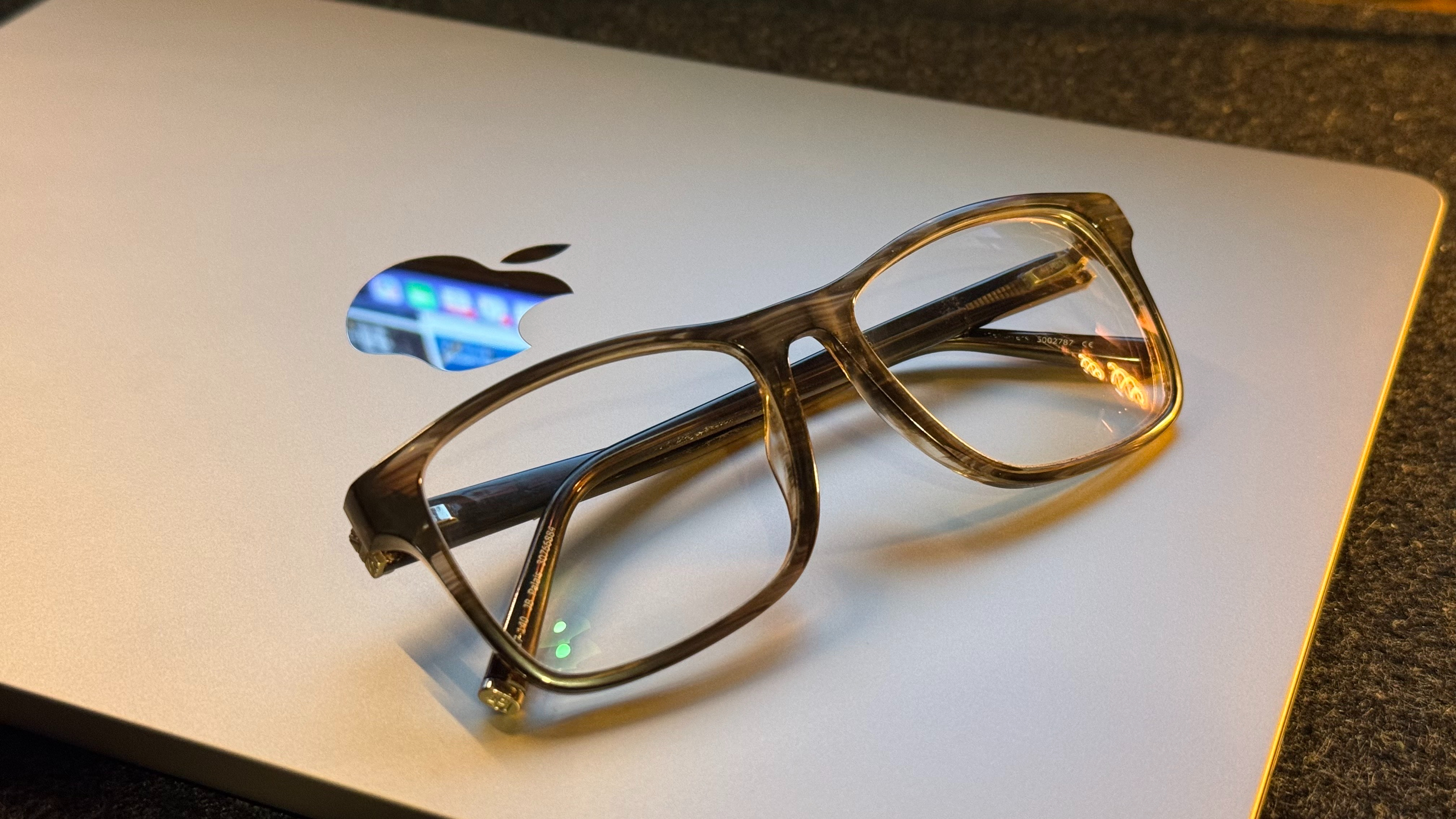Apple says future smart glasses could help you meditate, sleep, and navigate the world around you
Glasses for all occassions.

iMore offers spot-on advice and guidance from our team of experts, with decades of Apple device experience to lean on. Learn more with iMore!
You are now subscribed
Your newsletter sign-up was successful
It took years of rumors and guesses but the oft-rumored Apple AR/VR headset finally shipped earlier this year and the Apple Vision Pro is now very much a thing. The same happened with the rumored Apple over-ear headphones when AirPods Max shipped before that. And while the Apple Car will now never see the light of day, another long-running rumor could one day ship in the form of Apple Glass — and a new patent suggests that Apple has some interesting plans for the smart glasses.
We've been hearing rumors of Apple Glass since around the time the Apple Vision Pro leaks first started but it was always known that there was a long way to go before anyone could walk around wearing a pair. That remains the case, and with Apple likely focusing on making its spatial computer cheaper we can't imagine its smart glasses are just around the corner. That doesn't mean that plans aren't afoot, however, and a new patent shows that Apple Glass could help people meditate, sleep, and find their way around.
At this point, it's worth remembering that Apple has its engineers patent a ton of ideas and not all patents turn into shipping products or features. But they can often give us an insight into what Apple's thinking might be, and in the case of Apple Glass, it's a rare look at what's going on inside Apple's development teams.
Smarter glasses
According to a newly-granted patent spotted by Patently Apple, Apple's plans for smart glasses include a feature that would use GPS while measuring the orientation of the glasses themselves to offer up information on location and possible navigational routes.
Further, the patent discusses that smart glasses could use opaque lenses to mimic a sleeping mask, making it easier for people to sleep. In that instance, an electrooculography sensor formed using electrodes could be used to monitor the wearer's eye movements and detect whether REM sleep had been achieved. Such measurements could even be taken when the eyes are closed — a vital part of the equation when trying to monitor someone's sleep. Similar technology could also help people meditate, the patent suggests. The patent discusses how gaze-tracking technology could be used in various instances, with such technology already used in the Apple Vision Pro.
Perhaps the most interesting aspect here could be navigation, though. Being able to see augmented reality mapping directions when walking the streets could be a huge feature, for example, and has long been the go-to example of what could make AR glasses so beneficial.
Apple is still likely years away from being able to make Apple Glass in a way that would be beyond what is already available on the market. The price would also likely be a prohibitive factor as well. Apple has already been stung by the reaction to the Apple Vision Pro's $3,499 starting price with many waiting for the headset to get much cheaper before taking the plunge.
iMore offers spot-on advice and guidance from our team of experts, with decades of Apple device experience to lean on. Learn more with iMore!

Oliver Haslam has written about Apple and the wider technology business for more than a decade with bylines on How-To Geek, PC Mag, iDownloadBlog, and many more. He has also been published in print for Macworld, including cover stories. At iMore, Oliver is involved in daily news coverage and, not being short of opinions, has been known to 'explain' those thoughts in more detail, too.
Having grown up using PCs and spending far too much money on graphics card and flashy RAM, Oliver switched to the Mac with a G5 iMac and hasn't looked back. Since then he's seen the growth of the smartphone world, backed by iPhone, and new product categories come and go. Current expertise includes iOS, macOS, streaming services, and pretty much anything that has a battery or plugs into a wall. Oliver also covers mobile gaming for iMore, with Apple Arcade a particular focus. He's been gaming since the Atari 2600 days and still struggles to comprehend the fact he can play console quality titles on his pocket computer.
